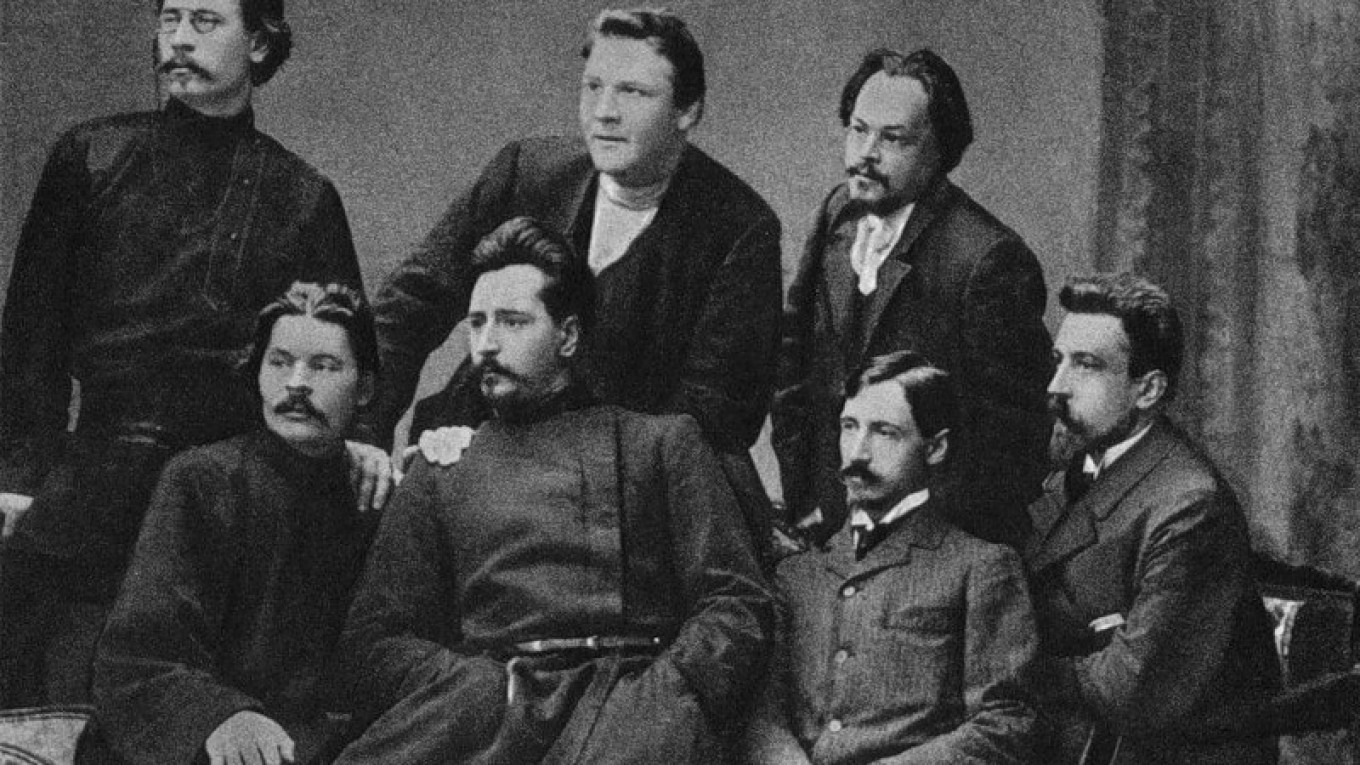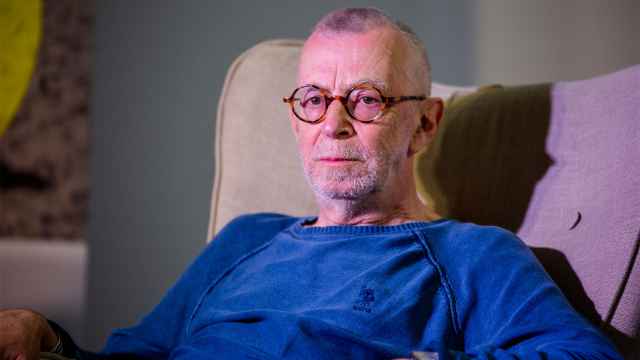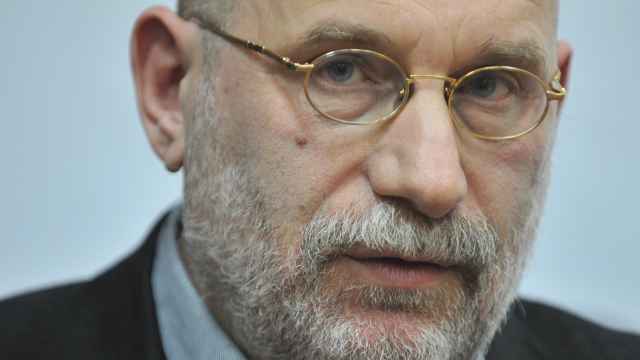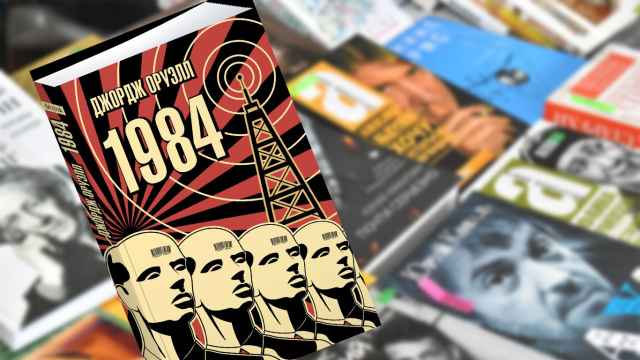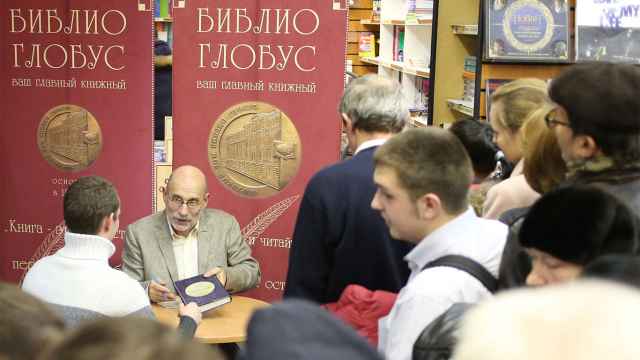Ivan Bunin was the first Russian writer to be awarded the Nobel Prize for Literature. Born on Oct. 22, 1870 [Oct. 10 O.S.] in a noble family in Voronezh, he studied at the Yelets men's gymnasium in the Lipetsk region but left before finishing. He lived in Yefremov, Oryol, Moscow, St. Petersburg, and many other Russian cities before going abroad on Jan. 26, 1920. He received the Nobel Prize for Literature in 1933 and died at age 83 in 1953. His work was only published in the Soviet Union after his death in the late 1950s, and many works were not published until the fall of the U.S.S.R.
Bunin was a poet, prose writer and translator, best known for his short novels “The Village” and “Mitya's Love,” his diary “Cursed Days,” an autobiographical novel “The Life of Arseniev,” and the collection of short stories “Dark Avenues.” He translated “The Song of Hiawatha” by Longfellow into Russian and did translations of works by Byron, Tennyson, Musset and François Coppée. For this work and his book of poems called “Falling Leaves,” he received the Pushkin Prize.
Ivan Bunin is one of my favorite writers. A volume of his works is my reference book and I reread it from time to time... Bunin is a master of the Russian language.
—Valery Lazutin, blogger, Moscow
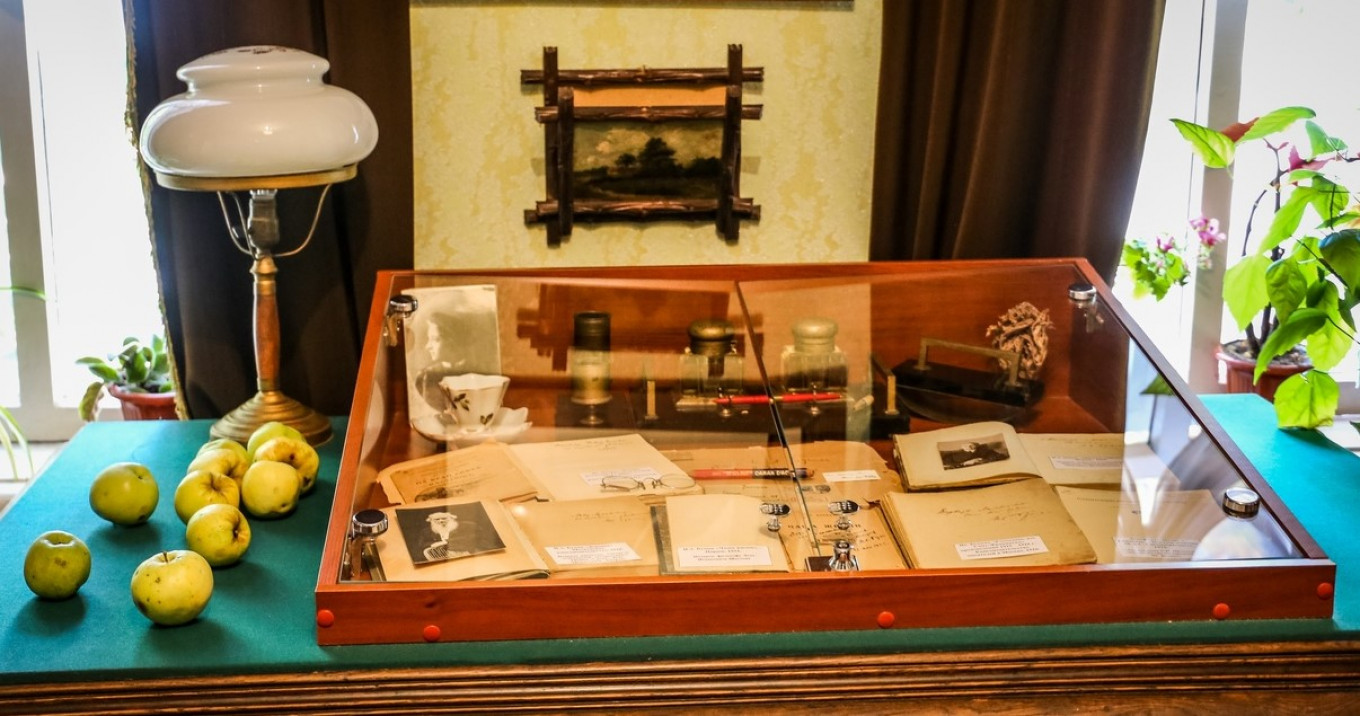
Celebrations
The city of Yelets in the Lipetsk region, where the writer's student years passed, is the center of the anniversary celebrations.
The festival “Antonov apples” — named after a famous short story by Bunin — is held in late September every autumn in Yelets and holds a variety of events connected with the life and creation of Ivan Bunin. You can see photographs and information about the festival here. Bookmark this site for information about upcoming events, most of which will be held online due to the coronavirus.
The Ivan Bunin Literary Memorial Museum in Yelets is located in the house he lived in while studying. In addition to many personal items that once belonged to Bunin, on exhibit is a letter from the writer to his cousin Konstantin. This is the only letter from Bunin in the museum's collection, and it has never been exhibited before. The museum site (in Russian) has a plethora of material of interest to Bunin readers.
‘The Life of Arseniev’ is my favorite novel set in Yelets. It must be read at least twice. The first time when you're young to see Arseniev's mistakes. Then when you're an adult to understand what Bunin wanted to write about his homeland.
—Igor Pastukhov, teacher of technology, Kazinka village, Lipetsk region
In September, a museum was opened in the house where Bunin was born in Voronezh. It is, at least for now, a rather small museum: two rooms and a display of only a few things that belonged to Bunin: a hunting bag, several letters and books with autographs. But the museum does recreate the atmosphere of those years with furniture and objects from the turn of the 20th century. There are also some paintings by artists with whom Bunin was friends and documentary information about the first half of the 20th century. You can find more information on the site.
Voronezh director Alexander Nikonov has completed a three-part documentary filmed in places associated with the life and work of Bunin. It is based on the trilogy of documentary films “The Wanderer of Russian Literature,” “The Great Exile” and “Return to Russia.” He has just released the third film “Return to Russia” (below).The second one will be posted on Oct. 11, and the first one will be posted on Oct. 18. You can see them here.
More information about Bunin’s life in Russia can be found in a dozen short films here.
In Yefremov, the memorial house-museum of the writer was restored for the anniversary celebrations. Bunin visited this city to meet with his family here. The site is full of photographs and information about Bunin, his family, and his time in Yefremov and includes a plethora of materials for teachers and students.
In Oryol, where Ivan Bunin was a copy editor at the newspaper Orlovsky Vestnik, the Ivan Bunin Oryol Public Library put together an Internet project dedicated writer’s connection with the region and about Oryol during Bunin’s time in the city. It is available on the library’s website.
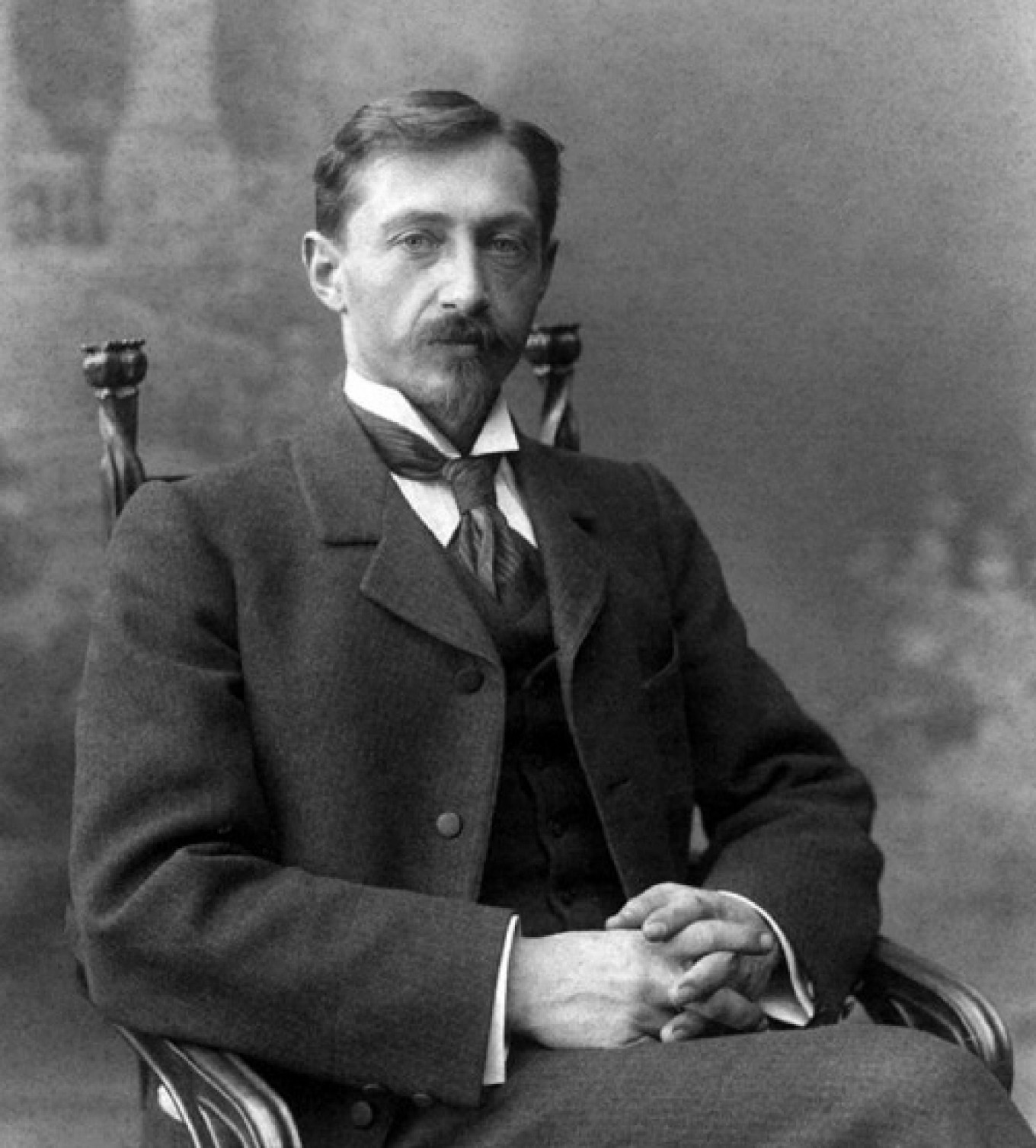
Interactive events
Lipetsk Regional Library has launched an international poetry challenge. To take part in it, participants record a video reading a part of a prose or poetic work by Bunin or conducting a mini-excursion dedicated to him. Then they post the video on their social media account with three hashtags. The challenge will run until Nov. 8. For more information about the challenge and those key hashtags, see the challenge information site.
The library Instagram account has already begun gathering videos of Bunin lovers and readers of all ages here.
The Ivan Turgenev State Literary Museum is holding weekly quizzes for literature lovers to test their knowledge about the life and work of Ivan Bunin. Every Wednesday a new quiz question and the answer to the previous one appears in the museum’s page in Vkontakte. The quiz will last until Dec. 14.
Bunin is the pearl of Russian literature. My favorite is “The Life of Arseniev.” It’s not just a book, but a thin thread of nerve stretching from the author to his land, to his home and favorite places, to memories of the past, to a woman.
—Alena Kashura, children’s writer, Lipetsk
In St. Petersburg, literary evenings and book exhibitions are planned in the city libraries in October. City Library # 2 is holding a literary quest “Love and death in the works of Bunin.” For more information, see the VKontakte library page here.
A Message from The Moscow Times:
Dear readers,
We are facing unprecedented challenges. Russia's Prosecutor General's Office has designated The Moscow Times as an "undesirable" organization, criminalizing our work and putting our staff at risk of prosecution. This follows our earlier unjust labeling as a "foreign agent."
These actions are direct attempts to silence independent journalism in Russia. The authorities claim our work "discredits the decisions of the Russian leadership." We see things differently: we strive to provide accurate, unbiased reporting on Russia.
We, the journalists of The Moscow Times, refuse to be silenced. But to continue our work, we need your help.
Your support, no matter how small, makes a world of difference. If you can, please support us monthly starting from just $2. It's quick to set up, and every contribution makes a significant impact.
By supporting The Moscow Times, you're defending open, independent journalism in the face of repression. Thank you for standing with us.
Remind me later.


